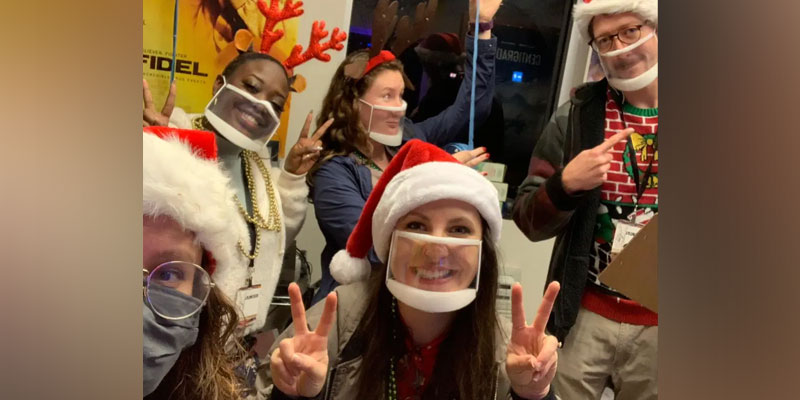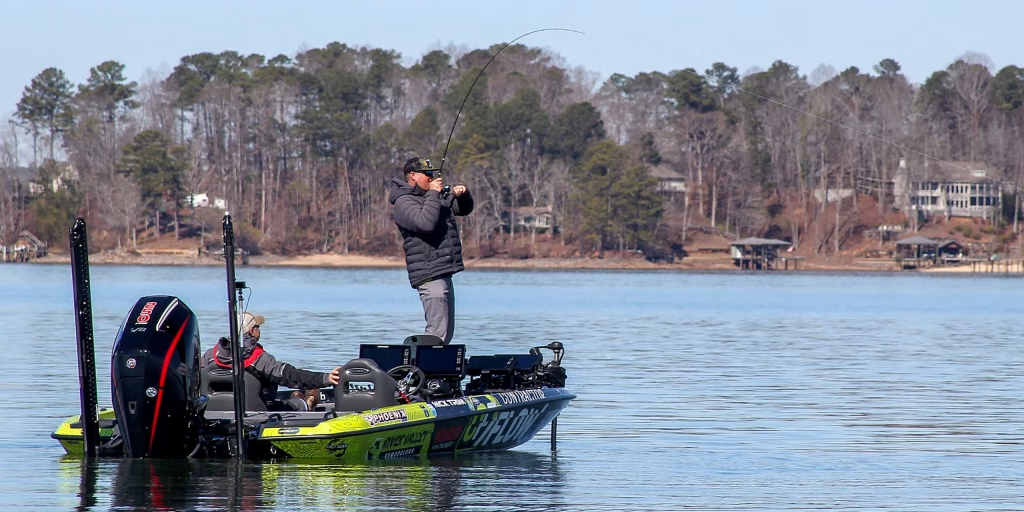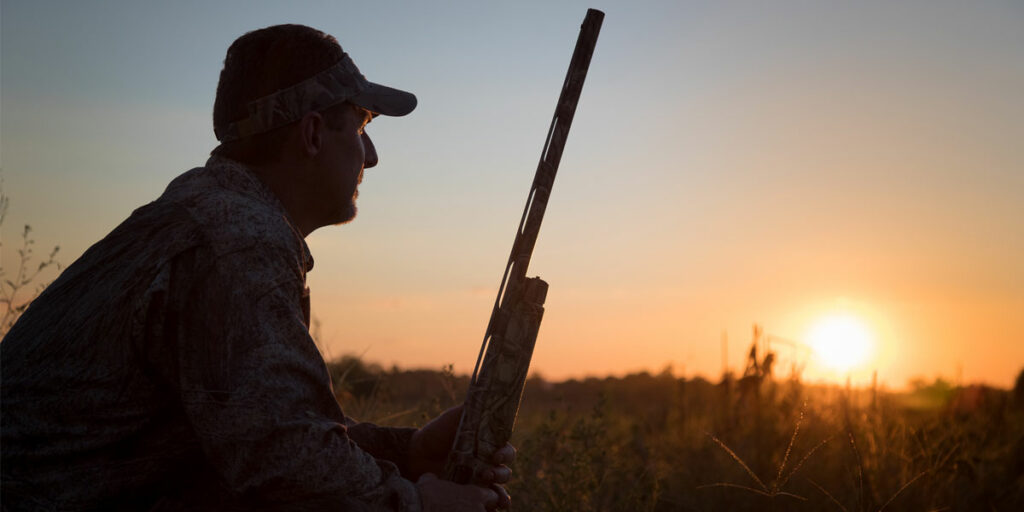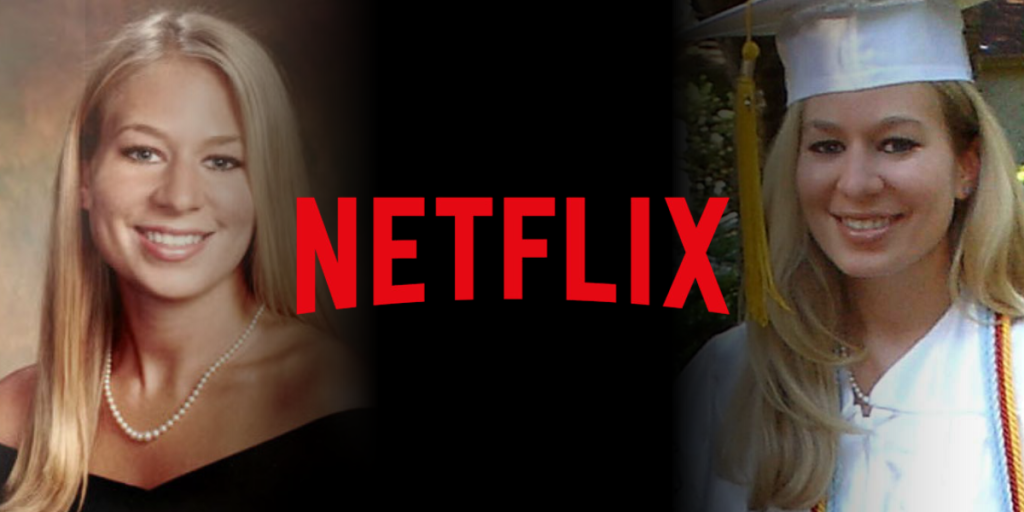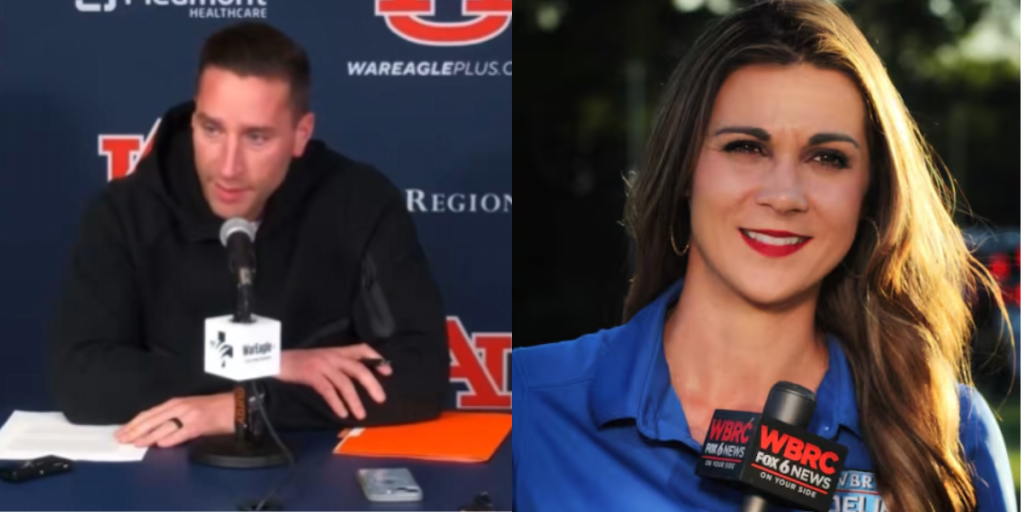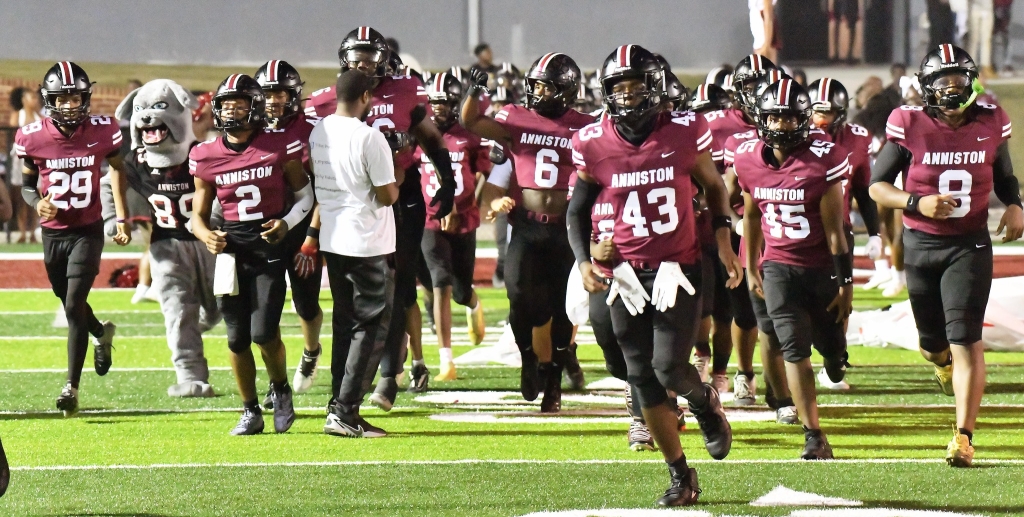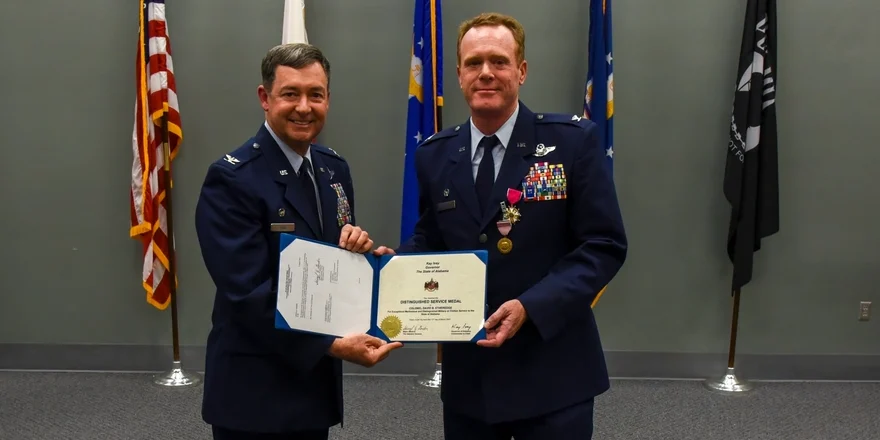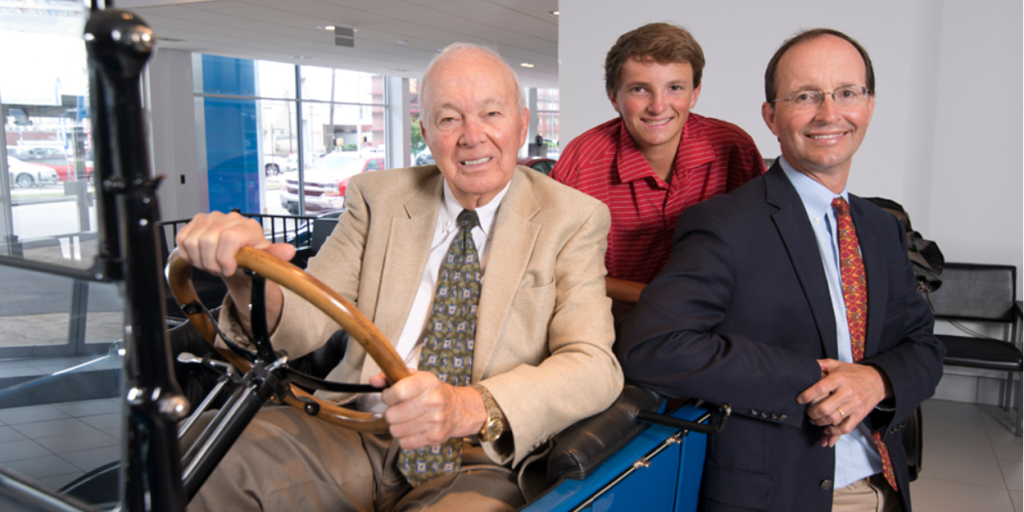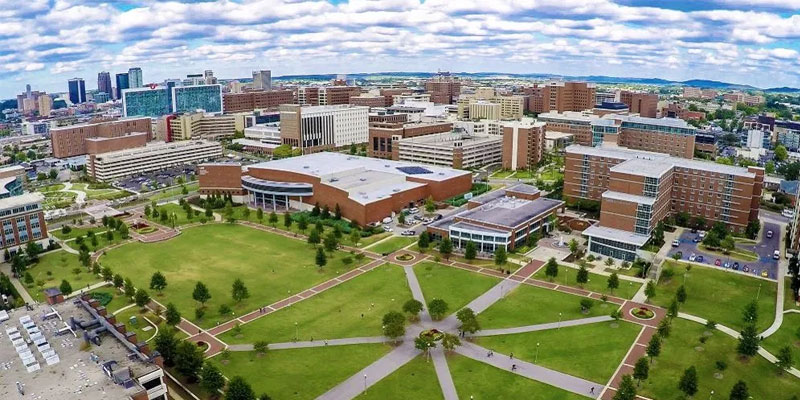Joe Kaplan’s hands come together, fists first meeting in front of his chest in a pantomime of clasping hands. Then, in one swift. graceful movement, his fists twist in midair, fingers spreading wide but hands staying connected.
Although this movement might look like a choreographed part of a dance routine, in reality it is the American Sign Language (ASL) name for Adjacent Space, a Birmingham-based nonprofit dedicated to improving accessibility and equity for local deaf, deaf-blind and hard-of-hearing residents.
Adjacent Space recently announced that Kaplan’s sign was the winner of its monthlong name contest. He was honored to win and said he put a lot of thought into the winning sign.
Joe Kaplan’s winning submission for Adjacent Space sign name competition from Alabama NewsCenter on Vimeo.
“I was looking at the goal and the mission, and I thought, Adjacent Space and the community together. It is like they clasp hands,” Kaplan signed. “Each finger represents something.”
One hand represents Adjacent Space’s mission – to advance public spaces, to make communication more accessible for all communities and to make Birmingham a more equitable place. The other hand represents the communities that Adjacent Space serves and the bridge the organization is building between those residents and the hearing community.
“It also means that the organization will change. Organizations never stay the same,” Kaplan said of the sign, which includes a motion similar to the ASL sign for “change.”
Major changes in a short time
Adjacent Space has undergone major changes since its first iteration as the brainchild of Angelica Dill, a certified sign language interpreter and Birmingham resident.
In 2018, Dill started doing “Adjacent Space Nights Out” to offer networking and social opportunities for ASL users in the Birmingham area.
“I’m a connector by nature and enjoy coordinating things that bring people together,” Dill said. “It was big for a while. We educated some bars and restaurants about having deaf patrons, but I started realizing that a lot of people in the area just weren’t exposed to the deaf community.”
At that point, Adjacent Space started holding informal community discussions, known as “Think Tanks.” Trey Gordon, a deaf Alabama native and Birmingham resident, saw the potential for more.
“In 2019, Trey became really interested in what was happening and he said, ‘Let’s make this a nonprofit,’” Dill said. “Adjacent Space, as it stands now, wouldn’t be here without him.”
Gordon said he was inspired by the “clear need” for such an organization in the Birmingham community.
“We’ve heard stories of inaccessibility from friends, community members and people that we’ve come to during our work,” he said. “I’m always driven by the idea of leaving someplace better than it was when I came along.”
Since its official inception as a nonprofit in February 2020, Adjacent Space has carried out several community events and initiatives, perhaps none more impactful than the ClearMask Campaign, which distributed thousands of masks to area businesses and organizations in an effort to promote accessibility and communication during the pandemic. Typical nonclear masks prevent deaf and hard-of-hearing community members from seeing speakers’ lips and facial expressions.
“The official ClearMask company caught hold of our initiative, and they’ve been incredible in donating their masks to us for us to distribute to our communities,” Gordon said. “Overall, it was a gem of collaborative effort.”
Improving accessibility in times of grief
Next up, Adjacent Space will focus on a push to educate funeral directors statewide about the Americans with Disabilities Act (ADA) and what’s required of funeral homes under the law.
“We received some reports that some deaf people were not getting the access they need in funeral homes. Deaf people have to experience the grief of loss of their loved ones, and they have to face inaccessibility in getting what they need?” Gordon asked.
“One of Adjacent Space’s values is proactive action. If we can work with funeral homes in providing access deaf people need, then they can be comforted knowing they can focus on supporting their families and loved ones during such an emotional event in their lives,” he said.
Adjacent Space plans a Think Tank community discussion on April 23, a captioned drive-in movie event for the summer and an Americans with Disabilities Act Q&A session with ADA lawyer Ed Zwilling, among other events.
Dill said members of the Birmingham community have several ways they can support Adjacent Space.
“I think the most important thing that hearing nonsigners can do is ask the right questions. Just ask yourself, ‘Is communication important in this moment?’ I would say that almost 100% of the time, it is,” Dill said. “And hopefully that can lead you to other questions. ‘How can I make this person feel like a person?’ ‘How can we communicate most effectively?’ ‘What would be the best practice here?’”
Dill said community members can share Adjacent Space’s social media posts, support the deaf ecosystem of deaf-owned businesses to build up the economy and create opportunities in the deaf community, sign up for newsletters and donate.
“You don’t need to know ASL to support our mission,” she said.
To find out more about Adjacent Space and the larger deaf, deaf-blind and hard-of-hearing community in Birmingham, visit Adjacentspace.org. The organization can be found on Instagram @adjacent_space_bham and on Facebook at facebook.com/adjacentspacebirmingham/.
Amy Jones is a member of the Adjacent Space Leadership Team and is the sister of Trey Gordon.
(Courtesy of Alabama NewsCenter)




